Electric, plug-in hybrid and hybrid vehicles accounted for more than half (53%) of business lease enquiries in Q3 2022, according to Leasing.com.
Data from the car leasing comparison website showed that the business community continued its transition to electrified vehicles in Q3 this year, despite ongoing disruption to new vehicle supply.
The top three most popular electric vehicles for businesses were the Tesla Model Y, Kia Niro and Polestar 2.
In both the business and personal leasing market, supply continued to dictate vehicle demand in Q3. In stock vehicle offers received 43% of total sales enquiries on Leasing.com, despite only representing around 10% of the offers that were promoted.
On average, businesses sought out new vehicles on three-year contracts with an annual mileage allowance of 10,000 and were looking to spend an average of £527 per month excluding VAT.
The cost-of-living crisis also influenced the type of agreement private consumers sought out with over 55% of demand for four-year agreements. On average, consumers sought out their next vehicle on four-year contracts with an annual mileage allowance of 8,000 and were looking to spend an average of £371 per month.
Over 28% of personal leasing demand was for electric vehicles with the Kia Niro, Hyundai Tucson and Hyundai Kona the most popular EVs in Q3 this year. While demand for EVs continued to grow in 2022, the cost-of-living crisis is reducing the rate of growth as household incomes are squeezed.
Paul Harrison, chief partnerships officer at Leasing.com, said: “Our data again shows how important leasing is as an enabler to the electrification of the new car market. Business and consumer EV demand remained strong in Q3 and was particularly focused around the brands and advertising partners who could access stock. However, we did see a softening in the rate of EV growth amongst consumers as inflation and other cost pressures hit household incomes. Consumers are also amending the terms of their next lease agreement to ensure affordability.”
The growth in the number of drivers considering buying a BEV (Battery Electric Vehicle) as their next car has slowed, according to a separate study, as two-fifths (42%) of UK drivers said they would not even consider an EV or hybrid vehicle when planning on buying a new car.
Uptake of electrified models is being hampered by the cost-of-living crisis and causing drivers to delay new car purchases, slowing the move towards more sustainable modes of transport, OC&C's latest annual Speedometer report has found.
Although supply pressures have played their part too, weaker demand can be seen in recent sales data with EV new registrations growing slower than the overall market in October in UK, losing share of new registrations for the first time since May 2021.

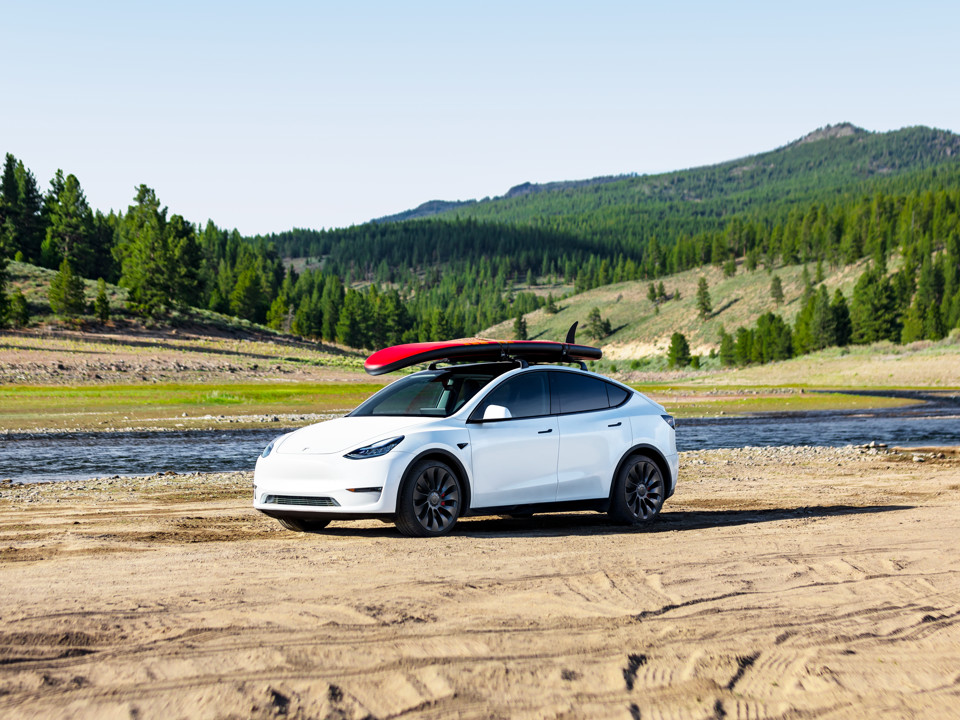

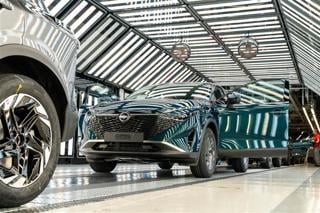
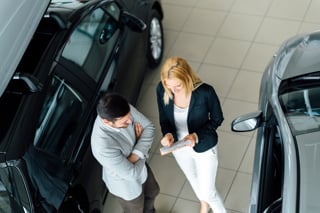


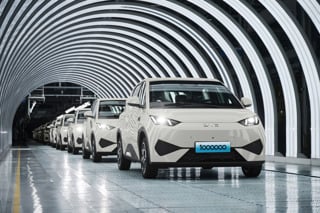


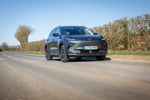




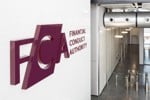



Login to comment
Comments
No comments have been made yet.